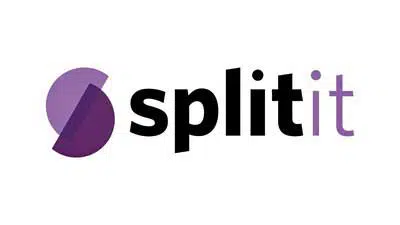Buy now, pay later has been around for years, but since the onset of the Covid pandemic it has soared in popularity, attracting heavyweight payments companies, opening new payment avenues for consumers, and drawing the attention of federal regulators. Late Thursday, Splitit Payments Ltd. was the latest practitioner to report numbers for 2021, and as expected the 10-year-old company showed strong growth.
New York City-based Splitit said its active merchant count soared 60% last year, reaching 1,250 and driving a 61% increase in merchant sales volume to $396 million. For Splitit, active merchants are sellers that received at least one Splitit transaction in the previous 12 months. Merchants accepting the brand include Google, Hewlett Packard, Faberge, and Gillette.
The active shopper count grew 43%, to 330,000. The company’s approach is to let consumers use their existing credit cards but then split the sale into a number of installments.

Splitit has also acquired a veteran payments executive as its new chief executive. In February, Nandan Sheth took over from interim CEO John Harper. Sheth came to the company from First Data Corp., which acquired his payments company, Acculynk, in 2017.
But the rapid growth of the BNPL alternative over the past few years has attracted the attention of regulators. The Consumer Financial Protection Bureau in December issued a letter to five BNPL companies demanding information related to the potential for overspending by consumers, as well as other areas of concern. The five—Affirm Inc., Afterpay Ltd., Klarna AB, PayPal Holdings Inc., and Zip Co.—had until Tuesday to respond to the order. Afterpay has agreed to be acquired by Block Inc. (formerly Square Inc.) in a $29-billion deal.
While Splitit is not among the five, observers say the CFPB’s shadow hangs over the entire industry, with some pointing out the letter has more the character of an effort to build enforcement cases rather than to monitor industry developments. Also, in January, the CFPB opened the topic for public comment.






